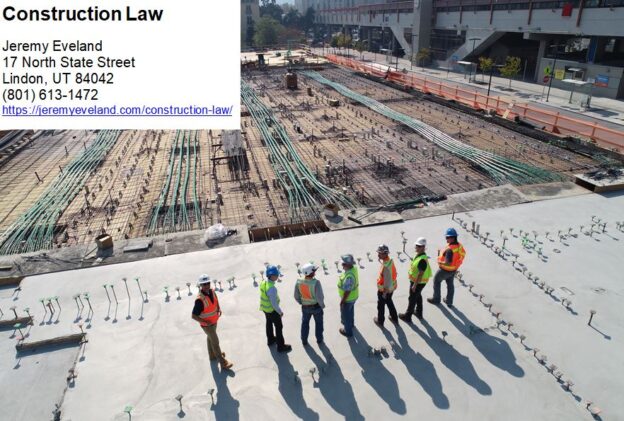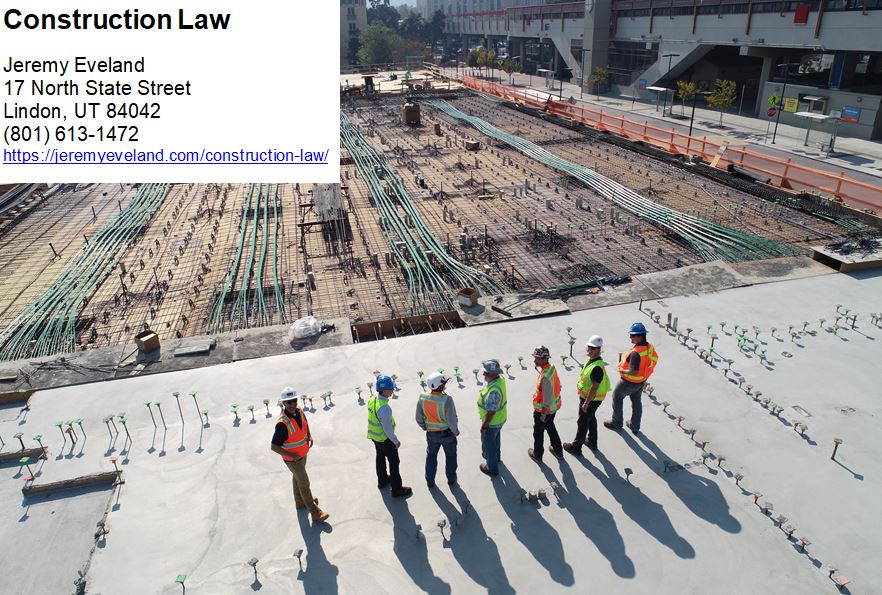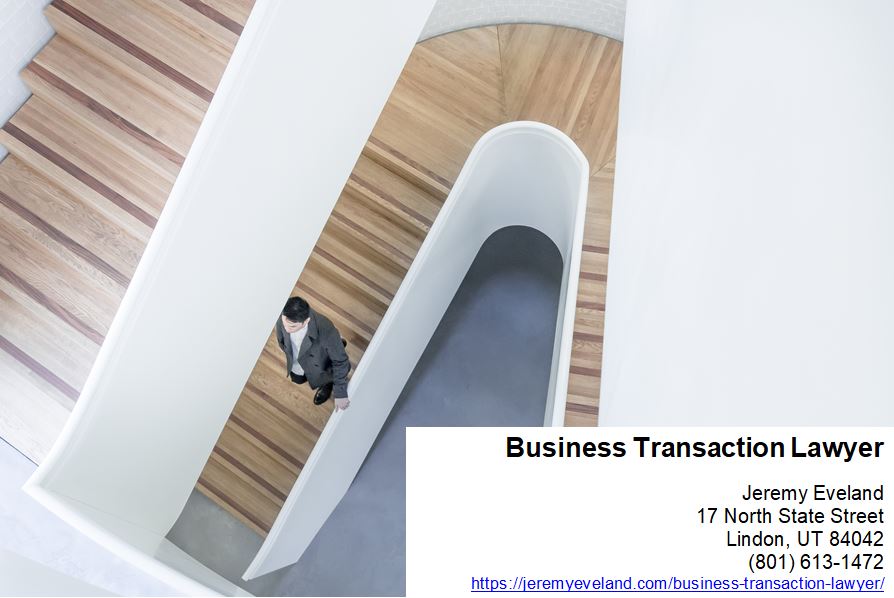-
Table of Contents
- The Pros and Cons of Litigation: What to Consider Before Taking Legal Action
- Understanding the Different Types of Litigation: What You Need to Know
- The Impact of Technology on Litigation: How Technology is Changing the Legal Landscape
- The Cost of Litigation: What to Expect When Pursuing a Legal Claim
- Navigating the Litigation Process: Tips for Successfully Resolving Disputes
The Pros and Cons of Litigation: What to Consider Before Taking Legal Action
Litigation is a legal process that can be used to resolve disputes between two or more parties. It is a complex and often lengthy process that can be costly and time-consuming. Before taking legal action, it is important to consider the pros and cons of litigation to determine if it is the best course of action.
Definition of Litigation
Litigation is a term used in the legal field to refer to the process of taking legal action to resolve a dispute. Generally, litigation is initiated by filing a complaint with a court and is a formal process of resolving a dispute between two or more parties. According to The Law Dictionary, litigation is “the process of carrying on a lawsuit, which includes filing a complaint, conducting discovery, making motions, and arguing the case at trial.” Black’s Law Dictionary defines litigation as “the process of resolving a dispute in court by filing a complaint and having the matter heard by a judge or jury.” Finally, the Legal Dictionary defines litigation as “the process of taking a case to court, including the filing of legal pleadings and motions, discovery, and the presentation of evidence.”
Pros of Litigation
The primary benefit of litigation is that it can provide a resolution to a dispute. Litigation can be used to resolve a variety of disputes, including contract disputes, personal injury claims, and property disputes. Litigation can also provide a sense of closure and justice for the parties involved.
Litigation can also be used to protect the rights of the parties involved. In some cases, litigation can be used to enforce a contract or to protect a party’s rights under the law.
Finally, litigation can be used to obtain monetary damages or other forms of compensation. This can be beneficial for parties who have suffered losses due to the actions of another party.
Cons of Litigation
The primary disadvantage of litigation is that it can be a lengthy and costly process. Litigation can take months or even years to resolve, and the costs associated with litigation can be significant.
Litigation can also be unpredictable. Even if a party has a strong case, there is no guarantee that they will prevail in court. This can be a source of stress and uncertainty for the parties involved.
Finally, litigation can be emotionally draining. The process can be stressful and can cause tension between the parties involved.
Conclusion
Litigation can be a useful tool for resolving disputes, but it is important to consider the pros and cons before taking legal action. Litigation can be costly and time-consuming, and the outcome is not always certain. It is important to weigh the potential benefits and risks of litigation before deciding whether or not to pursue legal action.
Understanding the Different Types of Litigation: What You Need to Know
Litigation is a complex legal process that can involve a variety of different types of cases. Understanding the different types of litigation is essential for anyone involved in the legal system. This article will provide an overview of the different types of litigation and the key considerations for each.
Civil Litigation: Civil litigation is the most common type of litigation and involves disputes between two or more parties. These disputes can involve a variety of issues, such as contract disputes, personal injury claims, property disputes, and more. In civil litigation, the parties involved will typically attempt to resolve the dispute through negotiation or mediation before going to court.
Criminal Litigation: Criminal litigation involves the prosecution of individuals or organizations for alleged violations of criminal law. In criminal litigation, the government is the plaintiff and the accused is the defendant. The goal of criminal litigation is to determine whether the accused is guilty or not guilty of the alleged crime.
Appellate Litigation: Appellate litigation is the process of appealing a court decision to a higher court. This type of litigation is typically used when one party believes that the lower court’s decision was incorrect or unjust. Appellate litigation can be complex and time-consuming, and it is important to understand the rules and procedures of the appellate court before filing an appeal.
Administrative Litigation: Administrative litigation involves disputes between individuals or organizations and government agencies. This type of litigation is typically used to challenge the decisions of government agencies or to seek relief from government regulations. Administrative litigation can be complex and time-consuming, and it is important to understand the rules and procedures of the administrative court before filing a claim.
Arbitration: Arbitration is a form of alternative dispute resolution in which a neutral third party, known as an arbitrator, hears both sides of a dispute and makes a binding decision. Arbitration is often used to resolve disputes between businesses or individuals, and it can be a faster and less expensive alternative to litigation.
These are just a few of the different types of litigation that can be encountered in the legal system. It is important to understand the different types of litigation and the key considerations for each before getting involved in any legal dispute. With the right knowledge and preparation, you can ensure that your legal rights are protected and that you are prepared for any legal proceedings.
The Impact of Technology on Litigation: How Technology is Changing the Legal Landscape
The legal landscape is changing rapidly due to the impact of technology. Technology has revolutionized the way lawyers practice law, from the way they research and prepare cases to the way they present evidence in court. Technology has also changed the way lawyers interact with clients, allowing for more efficient communication and collaboration.
One of the most significant changes technology has brought to the legal landscape is the ability to access and analyze large amounts of data quickly and accurately. This has enabled lawyers to more effectively research and prepare cases, as well as to better understand the facts of a case. Technology has also made it easier for lawyers to access and analyze legal documents, such as contracts and court filings. This has allowed lawyers to more quickly and accurately assess the merits of a case and to better prepare for trial.
Technology has also changed the way lawyers present evidence in court. Lawyers can now use digital evidence, such as videos, photographs, and audio recordings, to support their arguments. This has allowed lawyers to present more compelling evidence to the court, which can be a deciding factor in the outcome of a case.
Technology has also changed the way lawyers interact with clients. Lawyers can now communicate with clients more quickly and easily through email, text messaging, and video conferencing. This has allowed lawyers to provide more timely advice and to better understand their clients’ needs.
Finally, technology has changed the way lawyers manage their practices. Lawyers can now use software to automate many of their administrative tasks, such as billing and scheduling. This has allowed lawyers to be more efficient and to better manage their time.
In conclusion, technology has had a profound impact on the legal landscape. Technology has enabled lawyers to more effectively research and prepare cases, to present more compelling evidence in court, to communicate more efficiently with clients, and to better manage their practices. As technology continues to evolve, it is likely that the legal landscape will continue to change in response.
The Cost of Litigation: What to Expect When Pursuing a Legal Claim
When pursuing a legal claim, it is important to understand the cost of litigation. Litigation can be expensive, and the cost of pursuing a legal claim can vary greatly depending on the complexity of the case and the amount of time and resources required.
The cost of litigation typically includes attorney’s fees, court costs, expert witness fees, and other expenses. Attorney’s fees are typically the largest expense associated with litigation. Attorneys typically charge an hourly rate for their services, and the amount of time required to litigate a case can vary greatly depending on the complexity of the case. In addition, attorneys may charge a flat fee or a contingency fee, which is a percentage of any settlement or award.
Court costs are the fees associated with filing a lawsuit and other court-related expenses. These costs can include filing fees, service of process fees, deposition costs, and other miscellaneous expenses.
Expert witness fees are the fees associated with hiring experts to testify on behalf of a party in a lawsuit. These fees can vary greatly depending on the type of expert and the amount of time required to prepare for and testify in court.
Other expenses associated with litigation can include travel expenses, document production costs, and other miscellaneous expenses.
It is important to understand the cost of litigation before pursuing a legal claim. It is also important to discuss the cost of litigation with an attorney before beginning the process. An experienced attorney can provide an estimate of the cost of litigation and can help to ensure that the cost of litigation is reasonable and within the client’s budget.
Navigating the Litigation Process: Tips for Successfully Resolving Disputes
Navigating the litigation process can be a daunting task for those unfamiliar with the process. However, with the right preparation and guidance, it is possible to successfully resolve disputes through litigation. Here are some tips to help you navigate the litigation process and achieve a successful outcome:
1. Understand the Process: Before beginning the litigation process, it is important to understand the steps involved. Research the applicable laws and procedures, and consult with an experienced attorney to ensure that you are familiar with the process.
2. Prepare Your Case: Once you understand the process, it is important to prepare your case. Gather all relevant documents and evidence, and organize them in a way that will be easy to present in court.
3. Choose the Right Attorney: Selecting the right attorney is essential to a successful outcome. Make sure to choose an attorney who is experienced in the type of dispute you are facing and who is familiar with the applicable laws and procedures.
4. Negotiate: Negotiation is often the best way to resolve a dispute. Before filing a lawsuit, consider negotiating with the other party to reach an agreement.
5. Be Prepared for Court: If negotiations fail, you may need to go to court. Make sure to prepare for court by researching the applicable laws and procedures, and by practicing your presentation.
6. Follow the Court’s Orders: Once the court has issued a ruling, it is important to follow the court’s orders. Failure to do so can result in serious consequences.
By following these tips, you can successfully navigate the litigation process and achieve a successful outcome. With the right preparation and guidance, you can resolve your dispute and move forward with your life.
Business Litigation Consultation
When you need legal help with a business litigation, call Jeremy D. Eveland, MBA, JD (801) 613-1472 for a consultation.
Jeremy Eveland
17 North State Street
Lindon UT 84042
(801) 613-1472
Related Posts
The 10 Essential Elements of Business Succession Planning
Business Succession Lawyer Taylorsville Utah
Business Succession Lawyer South Jordan Utah
Business Succession Lawyer Lehi Utah
Business Succession Lawyer Millcreek Utah
Business Succession Lawyer Murray Utah
Business Lawyer Salt Lake City Utah
Salt Lake City Business Transaction Attorney
Business Succession Lawyer Herriman Utah
What Are The Advantages Of Hiring A Business Lawyer?
Business Succession Lawyer Logan Utah
What Is The Relationship Between Business Law And Economies?







